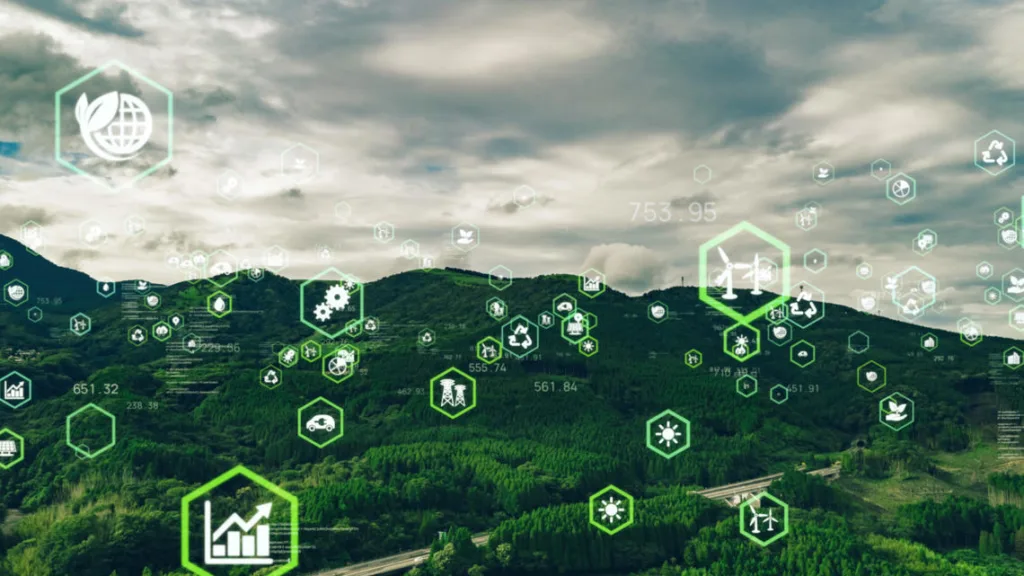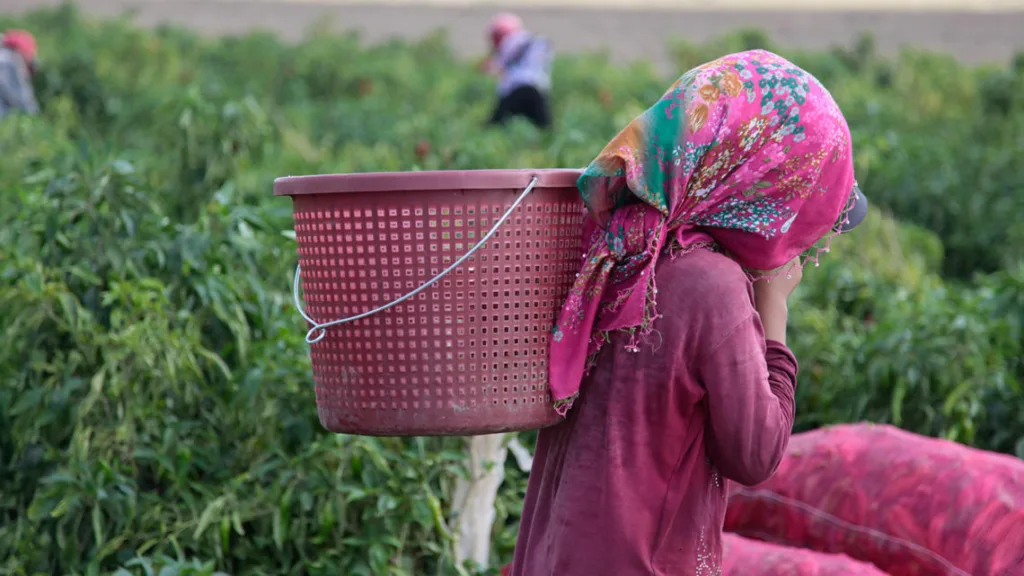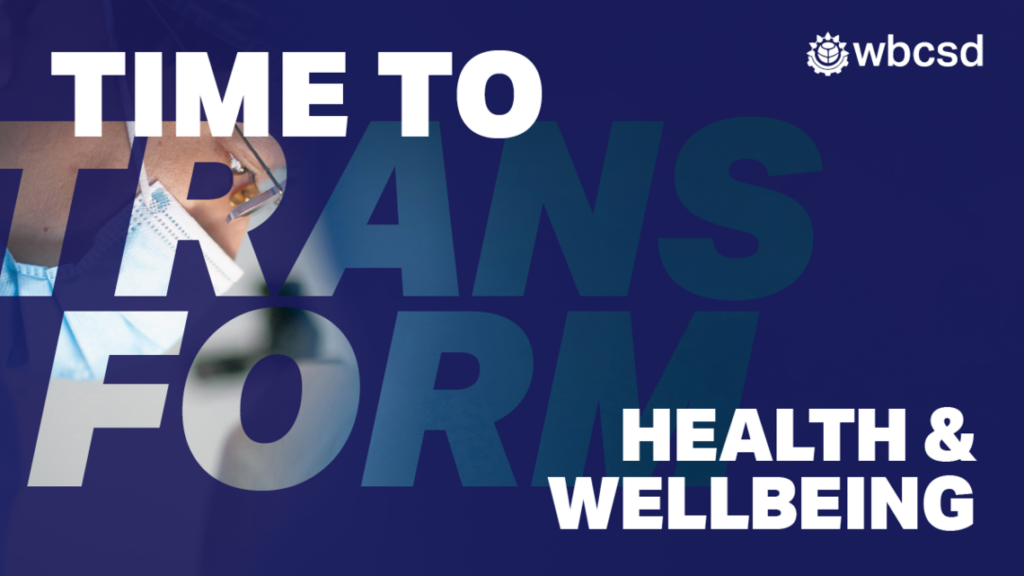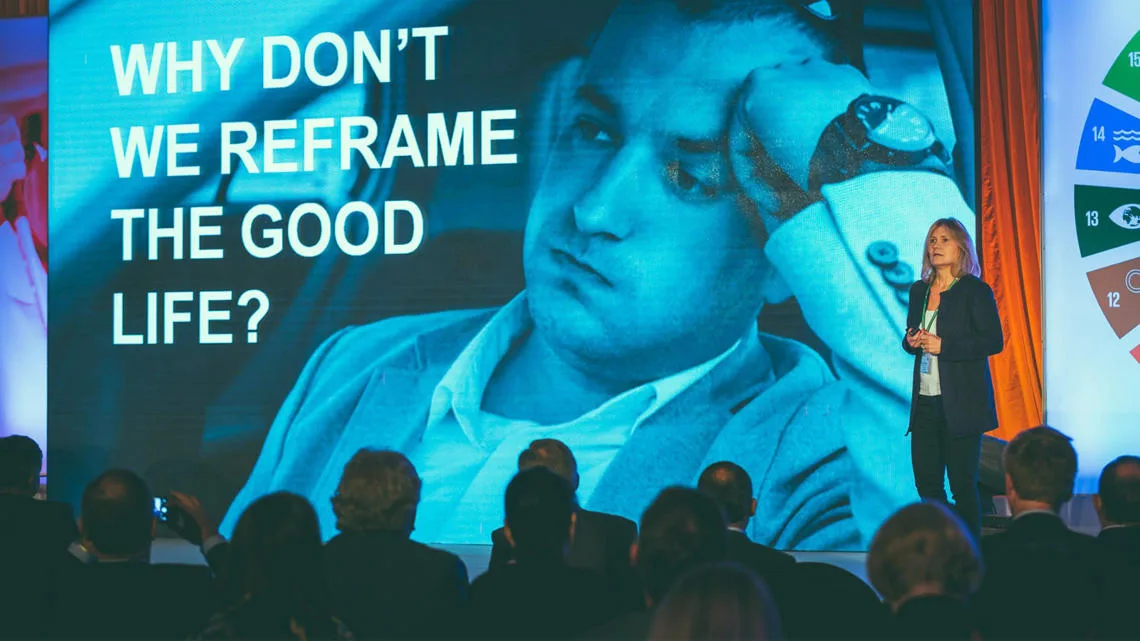Authors
Julian Hill-Landolt
WBCSD and Havas have been discussing the role of marketing in addressing sustainability challenges since early 2014. Our discussions became investigations, taking us to Brazil, India, China, the UK and the USA, supporting a work program bringing companies together to collaborate in the design of the products and services that would enable future sustainable lifestyles.
There is a large body of work on the topics of sustainability marketing and encouraging more sustainable consumer behaviours. Most of it focuses on promoting a behaviour alongside products, or selling products by promoting sustainability. Both are difficult sells. We felt there was something missing. Someone could buy into healthier food choices at the same time as they bought into the idea of a credit card that would let them buy a second AC unit or scooter. In countries like the US, there’s no shortage of people making their way to their local Organic Store in an SUV.
We believe that aspiration could be the key. All over the world, people are chasing aspirations that just can’t align with more sustainable lifestyles, even if the solutions are there to enable them. It would be a lot easier to sell sustainability solutions if people actually wanted them to be part of their lives. We need people to want good food more than another AC unit. We need them to want a happy and healthy life for their family and friends if we also want them to take more care over the way they eat, move around, work, live and play. People need to aspire to better, not more.
Luckily, brands have a lot of experience in selling aspirations. They’ve been doing it for 70 years. What if brands were to promote aspirations that build on what makes people truly happy? Would that offer a better way of building relationships with customers? We think so. It’s an essential first step if brands are to successfully sell sustainable lifestyles in the future.
So we created a Playbook for imagining a redefined Good Life. It’s designed to be used by marketing teams, helping them to inspire customers to live a life that is both more rewarding as well as more sustainable.
Let’s be clear though: It is NOT about selling sustainability, or sustainable products. We want forward-looking brands to draw on the playbook and rethink the picture of the world that they paint through their advertising. We’re not asking them to stop selling their products, we’re just asking them to stop selling their products in a world that is all about bigger, faster, and more.
The Playbook shows how people are already taking pleasure from a different type of world, one where time with friends and family, health and good food are all luxuries to aspire to. At the end of the day, this isn’t rocket science. We’re suggesting that forward-looking brands should check the structural integrity of their messaging.
This is the first version of The Good Life 2.0 Playbook, focused on the USA. We are localizing new versions with our members and partners. We hope that you are as excited to explore it as we are to share it with you! Please do get in touch with the Sustainable Lifestyles Cluster with any questions that you may have about how best to use the Playbook.
Want to discover more?
Download The Good Life 2.0 Playbook and start a conversation about the world you present to your customers, and the world that your customers live in, with your marketing and consumer insights teams.
We have also created a WEBINAR that explains The Good Life 2.0 in more detail. Listen to this 30 minute webinar for an introduction into the thinking behind the Good Life 2.0 Playbook and how we see companies using it. We are also pleased to offer the webinar in a Spanish Version.
WBCSD news articles and insights may be republished in accordance with the Creative Commons Attribution-NonCommercial-NoDerivatives 4.0 International Public License, and in accordance with our Privacy Policy. All Content must be featured with due credits.
Related
Content

Getting ready to reach new heights of sustainable business leadership
13 December, 2021

UNICEF and WBCSD launch guidance for business leaders on how to step up efforts to eliminate child labor
10 December, 2021

Vision 2050 Health & Wellbeing Pathway: We can help people feel better
30 November, 2021

